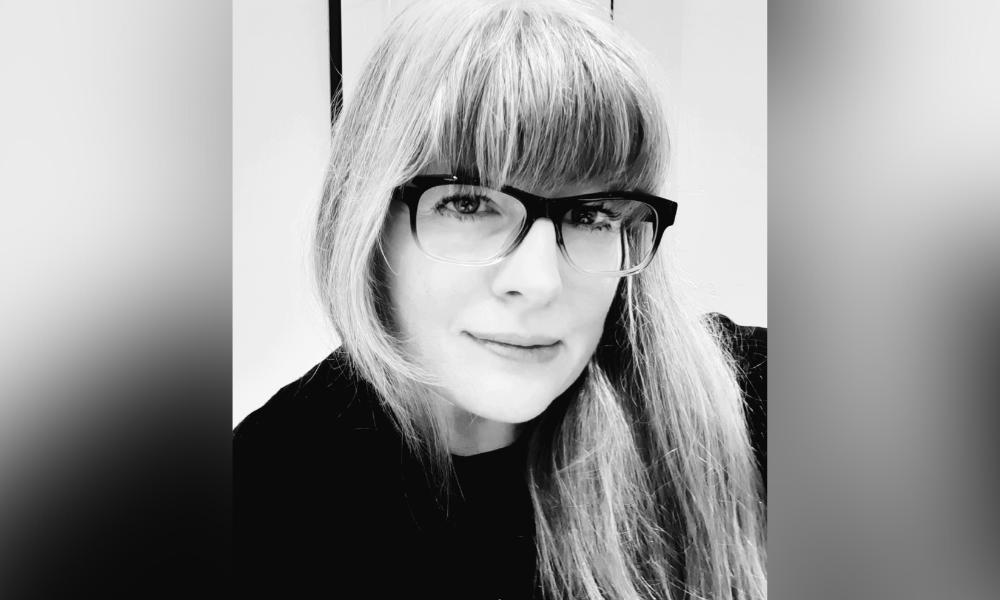
Haloo's founder Julie MacDonell explains why the legal profession is ahead – and where it still falls short

Since the Trump administration began rolling back diversity, equity, and inclusion (DEI) initiatives in the United States, a rising sense of anxiety has emerged among DEI professionals in Canada’s legal sector. Many fear these changes could influence domestic law firms to abandon or scale back their DEI efforts.
Multiple experts have voiced similar concerns in conversations with Canadian Lawyer. Yet another, more optimistic theme also emerged: Canada’s approach to DEI may be more resilient, built not on quotas but on deeper structural awareness.
According to Julie MacDonell, an intellectual property lawyer and founder of legal tech startup Haloo, the legal industry in Canada still fares better than many others – a fact that is often overlooked.
“I would say that the legal field is very advanced in DEI compared to other industries. But by ‘very advanced,’ I don’t mean we are anywhere close to getting where we need to be,” MacDonell says.
If we consider the representation of women as one aspect of DEI, MacDonell points out that women are overrepresented in the legal field overall – but underrepresented in senior roles. She says that imbalance is far from ideal, but it is still progress compared to other sectors.
In contrast, the tech industry lags significantly behind. Women remain underrepresented across the board, and the disparity becomes even more pronounced for Indigenous people, Black people, LGBTQ individuals, and other marginalized groups.
The difference becomes especially stark when it comes to raising capital. Women struggle to secure venture funding, and when they do, the cheques are often smaller.
“I've raised about ten million, and that was almost a miracle-level achievement. It's as statistically probable as me becoming a famous pop star,” MacDonell says. The odds are even slimmer for other historically excluded groups, she adds.
MacDonell says her decision to launch Haloo wasn’t just about legal innovation – it was about building a company that does DEI differently from the ground up. At Haloo, DEI isn't an afterthought or a standalone program. It's embedded in the company's foundation.
“We’re truly women-led, and we’re certified as such – not just one woman on a male leadership team.”
Her board of directors is over 50 percent women, and her investor cap table is over 60 percent underrepresented. And none of it, she says, was the result of DEI hiring targets.
“Nobody was a DEI hire,” she says.
In her view, the legal profession – despite its flaws – has made enough progress that the conversation can expand to other underrepresented groups.
“When I moved over to tech, [the position of women] was all I wanted to talk about… This is something I couldn’t even imagine could still exist in industries.”
In law, there’s usually at least one other woman in the room, MacDonell says. But in tech, she often finds herself completely alone.
“Nobody should ever be the only one in the room. That’s not the world.”
She believes many companies fail at DEI because they try to bolt initiatives onto cultures never designed to support them. DEI professionals often inherit systemic issues that can’t be solved through statements and policies alone.
“DEI professionals come into company cultures that were never built for it,” she says, adding that this creates disconnects between senior management and the employees looking to them for support and recognition.
At Haloo, MacDonell has adopted what she calls a “welcoming strategy” – a proactive approach to inclusion that involves direct community engagement. Rather than relying on job boards and carefully worded DEI statements, her team builds relationships with Indigenous organizations, band offices, and other groups to understand what’s needed and how to offer it.
“It’s not enough to post a great DEI statement on Indeed,” she says. “That’s not engagement. That’s not acknowledging historical barriers.”
Several DEI professionals who have spoken about the challenges of working in the legal sector say that burnout often stems from a widespread misunderstanding: DEI is not the same as social justice.
MacDonell also draws this distinction, arguing that the former – when done right – makes the latter unnecessary.
“Once you have representation in wealth and power, you don’t need social justice efforts anymore,” she says.
Her broader goal is economic equity. In her view, enabling historically excluded groups to build wealth and power is the most effective way to bring about lasting systemic change.
“If capitalism influences democracy, and it does, then building economic opportunity for historically excluded groups is how you shift the system.”